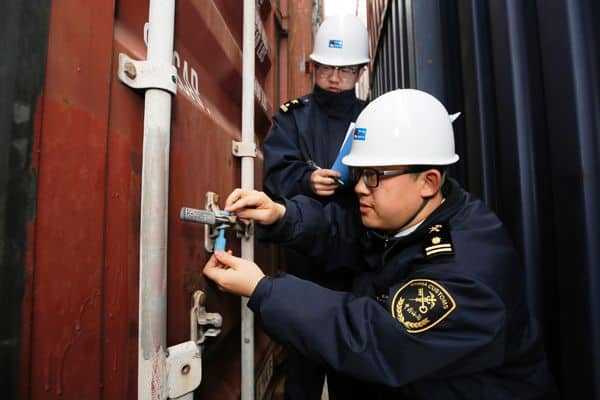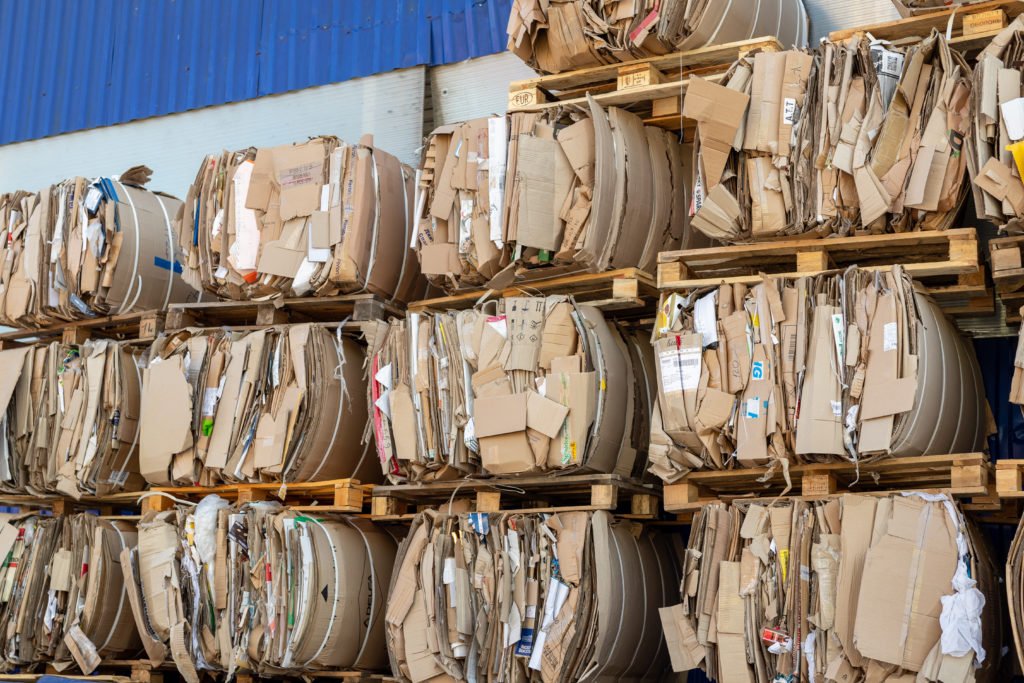The ban also covers some plastic and metal materials.

China said in a Customs Notice that it had found “Since the beginning of 2018, the ports throughout the country have continuously detected multiple batches of imported US wastes as raw materials that do not meet the environmental protection requirements.”
Partly as a consequence, UK prices for the best quality used cardboard for export have risen since yesterday to about £120 per tonne, with extra demand for material expected from the big exporters because of the China ban on US material.
Ban
The ban on American exports is to last from May 4 to June 4. Sector experts say that while there have been concerns about the poor quality of some material from the US, politics and ongoing trade discussions and sanctions could be a factor. But, paper sector sources say that quality of material is the issue and there have been past concerns about the quality of American used cardboard, often from retail sources.
America’s Institute of Scrap Recycling Industries (ISRI) said last night that it had just learned that the U.S. operations of “CCIC North America have been suspended for one month, effective May 4 through June 4. As a result no inspections can be arranged or certificates issued during this period.”
CCIC is the official inspection agency for China and has an office in London which works with UK exporters, although most also of these have their own quality inspectors as well.
ISRI said that the pre-shipment inspection system “has been temporarily closed. We are told that the Chinese Government will accept shipments that were sent prior to May 3 with CCIC certificates, although they will be subject to 100% inspections and are not guaranteed entry. There is no doubt that this will severely impact U.S. scrap exports to China.”
Impacts
Within the UK, the sector is now assessing the issue of whether or not to sort material to meet the Chinese quality standards and what the broader impacts of the American ban might mean.
There is a gap of more than £40 per tonne between the top quality export material for China – typically a 95/5 grade meeting the 0.5% contamination limit – and the lower 80/20 grade which can go to India and other destinations, which is valued at about £75 per tonne. There is also said to be a third grade in between these two grades at about 90/10.
The £40 per tonne gap can make it worthwhile extra sorting material although some cardboard is not seen as suitable for the China market.

However, American prices for used cardboard have fallen about £15 overnight and this could see India and other markets seeking to buy the standard quality American material rather than cardboard from the UK and Europe. Accordingly the lower spectrum of used cardboard prices in Europe could come under pressure, with a knock on impact on mixed papers which have suffered most under the China quality controls.
Quality
One exporter told letsrecycle.com that it remained vitally important for the UK to maintain a high quality of material in its exports to China. “We must not get complacent especially if there is more demand from China for material as a consequence of the American restrictions. There is a real opportunity here for the UK to secure a share of China’s demand for material but to keep that healthy market we must keep maintaining quality all the time.”
The full Chinese announcement can be seen (courtesy of ISRI) at the following link:










Subscribe for free